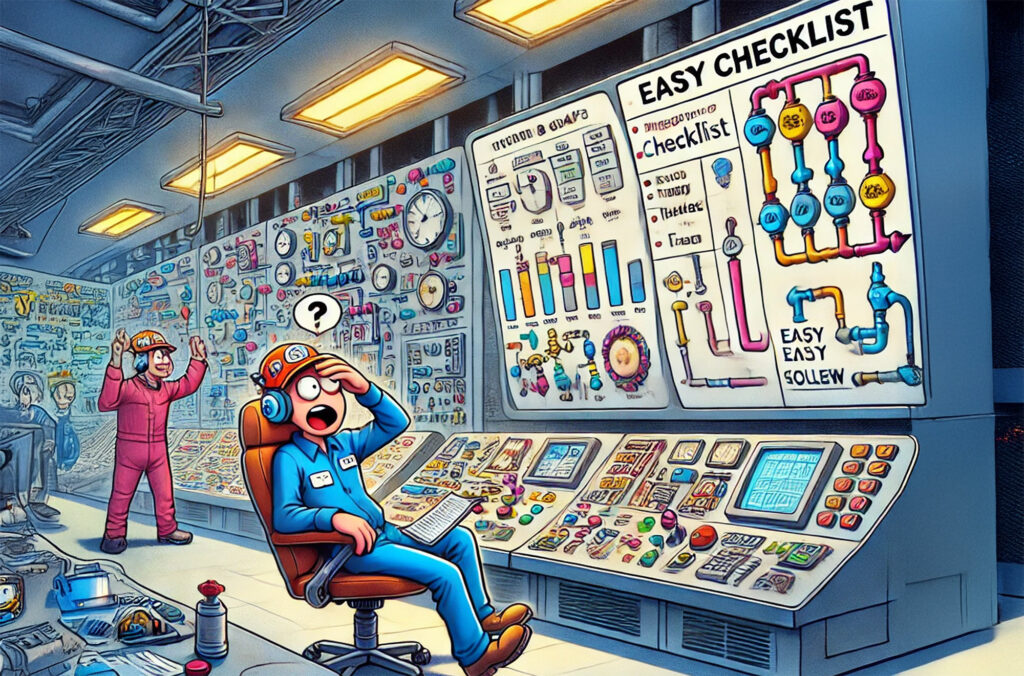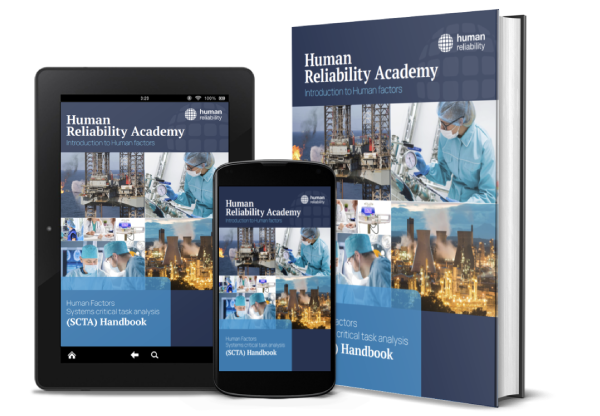Human Factors in Turnarounds: Key findings and lessons learned

Turnarounds are planned events where significant sections of a process plant are shut down to enable maintenance or projects to be carried out. Despite being planned events, they are inherently non-routine and resource intensive.
The Power of Story in Safety Critical Task Analysis

At first glance, the idea of storytelling in Safety Critical Task Analysis might raise eyebrows. Aren’t we dealing with potential major accident hazards, detailed risk assessments, and objective control measures? Why would something as subjective and emotional as “storytelling” have any place in this context?
Beyond the Basic HSE PIF list: Reflections on types of Performance Influencing Factors

We often rely on standard HSE checklists for identifying Performance Influencing Factors, but there’s so much more to consider.
Tackling Procedural Non-Compliance in the Workplace: Insights and Solutions

Standard Operating Procedures (SOP) are essential, but why do operators deviate from them? Our Managing Director, David Embrey, explores how non-compliance may not always be about negligence, but rather systemic challenges and opportunities for process improvement.
Checking, checks, second checks, double checks and independent checks

In this deep dive, we explore the critical role of checking in detecting and correcting errors, especially in safety-critical industries.
Human Factors Regulations in Singapore: A comparison with the UK

In 2017, Singapore introduced the Safety Case Regime under the Workplace Safety and Health (Major Hazards Installations) Regulations, marking a pivotal step toward strengthening safety at facilities handling hazardous substances. This approach aligns closely with the UK’s HF Delivery Guide under the Control of Major Accident Hazards (COMAH) Regulations.
Human Factors for Biological Containment Labs

Biological containment labs handle some of the most dangerous pathogens, yet human error remains a critical risk factor in their operations.
On Crafting Effective and Safe Procedures

In safety-critical industries, having a procedure isn’t enough—it needs to be both accurate and user-friendly. A well-crafted procedure can enhance safety, reduce risks, and streamline operations, but only if it’s easy to follow and understand.
Failure Modes and Mechanisms in Safety Critical Task Analysis (SCTA)

In the realm of safety critical tasks industries, identifying both failure modes and mechanisms is essential for effective risk management and performance improvement. We dive into this crucial topic, exploring how failure modes and failure mechanisms impact human performance.
Human Factors GATEWAY Approach: Leveraging SCTA Outputs to Identify HF Issues in Related Tasks

This blog introduces the Human Factors GATEWAY (Generic Audit Tool Exercise to Widen and Accelerate Yield) approach. This extends Safety Critical Task Analysis (SCTA) insights from one task to similar critical tasks across multiple sites or work areas.













